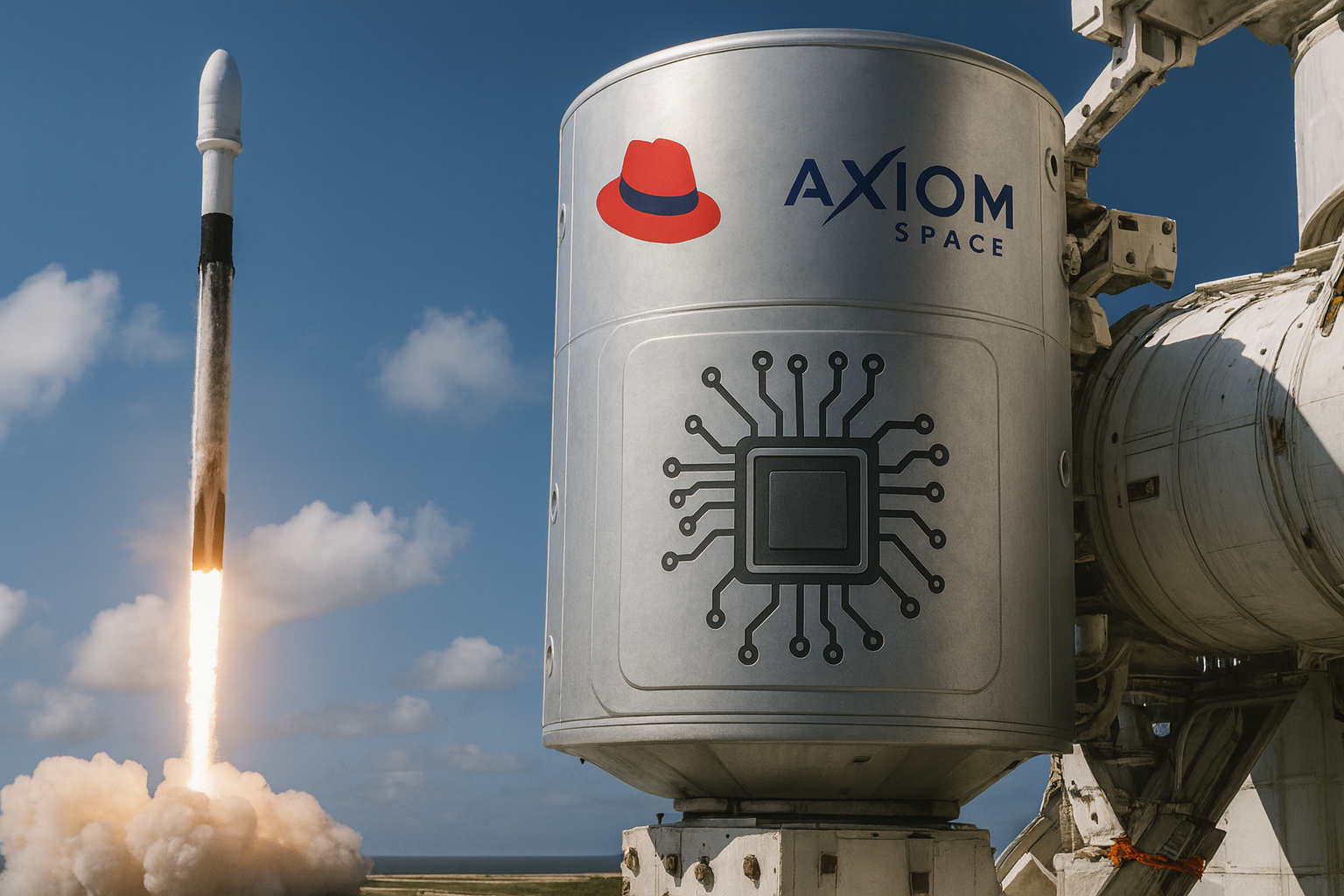Inflation is expected to surge to four per cent in September, marking the highest level in 21 months when the Office for National Statistics reveals its latest data on Wednesday. The predicted jump would represent the steepest rise since January 2024, piling fresh pressure on both the Chancellor and the Bank of England.
Current inflation has remained at 3.8 per cent through July and August, driven by rising food prices as firms grapple with increased tax and labour costs. Economists at Pantheon Macroeconomics predict that higher motor fuel and air fare prices will push inflation to the four per cent threshold, alongside strong clothing price increases offset by slightly softer services inflation.
Peak inflation predictions
The September surge could mark the peak of rising living costs for UK households, aligning with the Bank of England's previous forecast that inflation would hit around four per cent before steadily declining. Pantheon Macroeconomics economist Rob Wood expects inflation to slow only slightly in following months, dropping to 3.8 per cent by year-end.
Other economists show greater optimism, with Investec suggesting the rate may peak at 3.9 per cent in September before falling. Some schools have contributed to inflationary pressure by increasing fees from the new school year, staggering higher costs after the Government introduced a 20 per cent VAT rate for private education.
Policy implications mount
Any increase highlights challenging conditions for the Bank of England as it works to achieve its two per cent inflation target. On Friday, the Bank's chief economist Huw Pill urged fellow rate-setters to exercise greater caution on future cuts, citing concerns that inflation could remain stubbornly elevated.
Rising inflation presents major concerns for Chancellor Rachel Reeves just one month before her autumn Budget. The September rate typically determines benefit increases including universal credit, tax credits and disability payments, forming a key component of the Pension Triple Lock calculation.
However, pension increases depend on the highest figure among inflation, average earnings growth, or 2.5 per cent. With earnings growth confirmed at 4.8 per cent, inflation would need to exceed this level to affect pension calculations, though higher inflation could result in greater-than-expected government spending whilst also contributing to increased tax revenues through business rates adjustments.
Sources used: "PA Media" Note: This article has been edited with the help of Artificial Intelligence.





